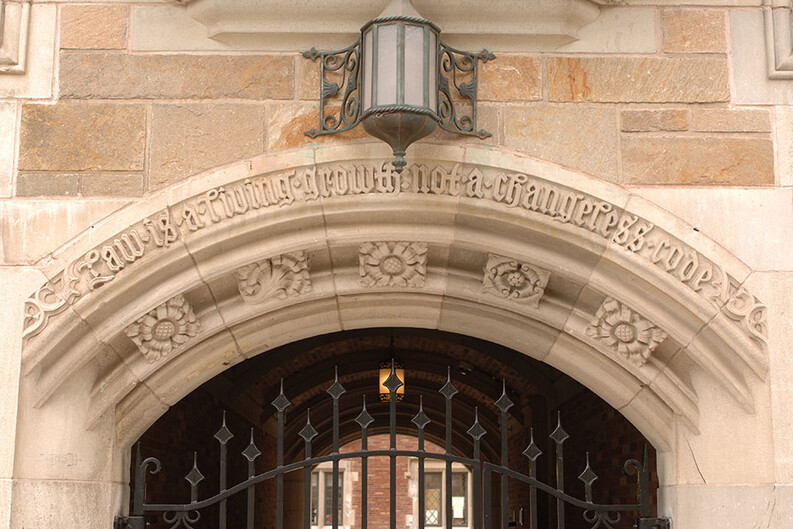Environmental Justice Clinic Fights to End Discriminatory Dentistry Policies

On December 6, 2017, the Environmental Justice Clinic at Yale Law School sent a letter on behalf of the Connecticut Coalition for Environmental Justice (CCEJ) urging the Connecticut Department of Social Services (DSS) to rescind its policy requiring dentists to use mercury-based dental amalgam in the molar fillings of Medicaid patients. The letter sent to DSS can be found here.
The letter argues that DSS has taken choice in dentistry away from Medicaid recipients by choosing mercury-based dental amalgam for them. This required use of mercury-based dental amalgam will increase the total amount of mercury entering the environment in Connecticut, particularly in low-income communities and communities of color, according to CCEJ and the clinic.
“DSS’s policy doesn’t allow Medicaid patients to make a choice,” said CCEJ Executive Director Sharon Lewis. “The agency presumes to know what’s best for Medicaid patients, inserting themselves into what should be private conversations between patients and their dentists.”
The letter also raises concerns that DSS’s policies increase the amount of mercury in Connecticut’s environment, contrary to the state’s policy of pursuing the virtual elimination of the discharge of anthropogenic mercury. According to CCEJ, mercury from dental amalgam is released to the air through cremation and sewage sludge incineration; it enters waterways through dental clinic releases and human waste; and it gets into the soil via landfills, burials, and fertilizer derived from sewage sludge. Increased levels of mercury are a hazard to human health. Exposure to even small amounts of mercury may cause serious health problems. Mercury negatively affects the nervous system and is especially damaging to developing fetuses and young children.
Jill Howell (FES '19), a member of the Environmental Justice Clinic, stated, “The negative environmental effects of mercury from dental amalgam is not distributed equally. In Connecticut, low-income communities of color face cumulative and disproportionate chemical burdens based on historic and current state policy choices.”
For instance, many subsistence fishermen are from low-income communities and communities of color, and they are among the most affected by increased mercury content in local fish and shellfish, according to the clinic. In urban settings, crematoriums can be a significant source of environmental mercury, and cremations often occur in the same neighborhoods where the deceased resided, therefore mercury-based amalgam contributes to an overall increased level of mercury in neighborhoods with high numbers of people on Medicaid, officials said.
For CCEJ, the state’s regulation represents an environmental injustice, and addressing this issue is currently the organization’s main focus. “The current regulation and policy mandating use of mercury-based dental amalgam in molar fillings is an environmental justice issue for low income, communities of color in Connecticut, and doing something about it is CCEJ’s top priority,” said Lewis. “This separate-and-unequal system of dental care has no place in modern times. We must not let the State of Connecticut resurrect the discriminatory Jim Crow policies of the past. DSS policy segregates Medicaid patients from access to mercury free dentistry. Separate is not equal in the case of dentistry today, just as separate was not equal during the days of Jim Crow.”
CCEJ’s mission is to protect Connecticut’s urban environments through educating communities, promoting change in local, state, and national policy, and through promoting individual, corporate and government responsibility toward our environment.
The Environmental Justice Clinic at Yale Law School represents and partners with environmental justice activists and communities in their struggles to enforce civil rights. The clinic submitted the letter on behalf of CCEJ as part of its campaign to ensure choice in dentistry for Medicaid patients and to reduce environmental burdens of mercury borne disproportionally by low-income communities of color.
More information on the work by CCEJ can be found at the following links:
https://www.facebook.com/CTCEJ/


